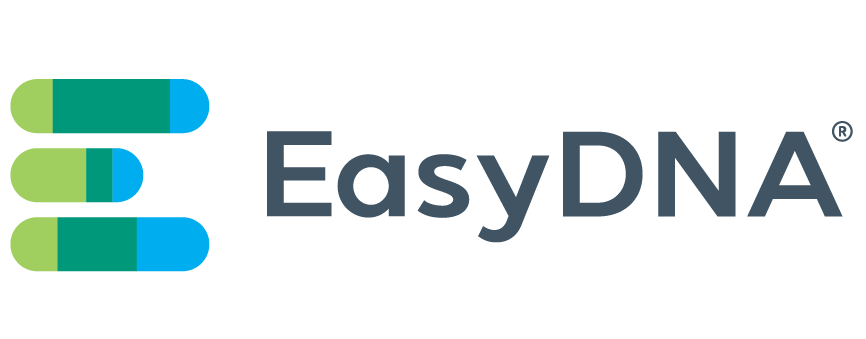How does the test work?
This screening test only requires a medical blood draw from the expectant mother. Once your sample is received, the cell free fetal DNA in the same will be analysed to confirm or exclude Down’s. Scientists analyse the foetal DNA in the maternal blood sample to establish the ratio of foetal chromosomes. We know that if the expectant mother is carrying a child with Down’s syndrome, the ratio of genetic material associated with chromosome 21 will be higher due to the extra, 3rd copy of that chromosome.
It is important to note that the NIFTY is a screening test and not a diagnostic test. This test cannot replace diagnostic tests such as amniocentesis or chorionic villus sampling although it can help pregnant women avoid the need to undergo these tests.
Important: A qualified GP or Pathologist will need to collect the blood sample required for this test. The sample collection kit will be sent to your nominated address.
Results can be available in as little as 10-15 working days from receipt of your samples and will be sent directly to your referring GP. Please note turnaround time starts from the moment samples reach our laboratory.
This test detects the following genetic conditions:
Trisomies
- Down Syndrome (Trisomy 21)
- Edward’s syndrome (Trisomy 18)
- Patau Syndrome (Trisomy 13)
- Trisomy 9
- Trisomy 16
- Trisomy 22
Sex chromosome abnormalities
- Turner’s syndrome (XO)
- Klinefelter’s syndrome (XXY)
- Triple X (XXX)
- Jacob Syndrome (XYY)
Deletion and microdeletion syndromes
- Cri-du-chat Syndrome
- 1p36 deletion
- 2q33.1 deletion
- DiGeorge Syndrome 2
- 16p12.2-p11.2 deletion
- Jacobsen Syndrome (11q23)
- Van der Woude Syndrome
- Prader-Willi Syndrome
- Angelman Syndrome
Is this test safe?
Compared to invasive methods, such as amniocentesis or chronic villus sampling, this non-invasive test poses no risk of miscarrying, since it only requires a medical blood draw from the expectant mother.
Will I still need a diagnostic test?
Down’s syndrome and other genetic syndromes can be diagnosed with invasive tests like amniocentesis and chorionic villus sampling. These tests however, carry certain risks. If the non-invasive blood screening test gives a positive result, your health care specialist might still suggest prenatal diagnostic testing via amniocentesis or CVS.
Note: Your only additional cost will be the blood collection fee that should be arranged with the sample collector during your pathology appointment.
To read our Prenatal Terms and Conditions, please CLICK HERE
